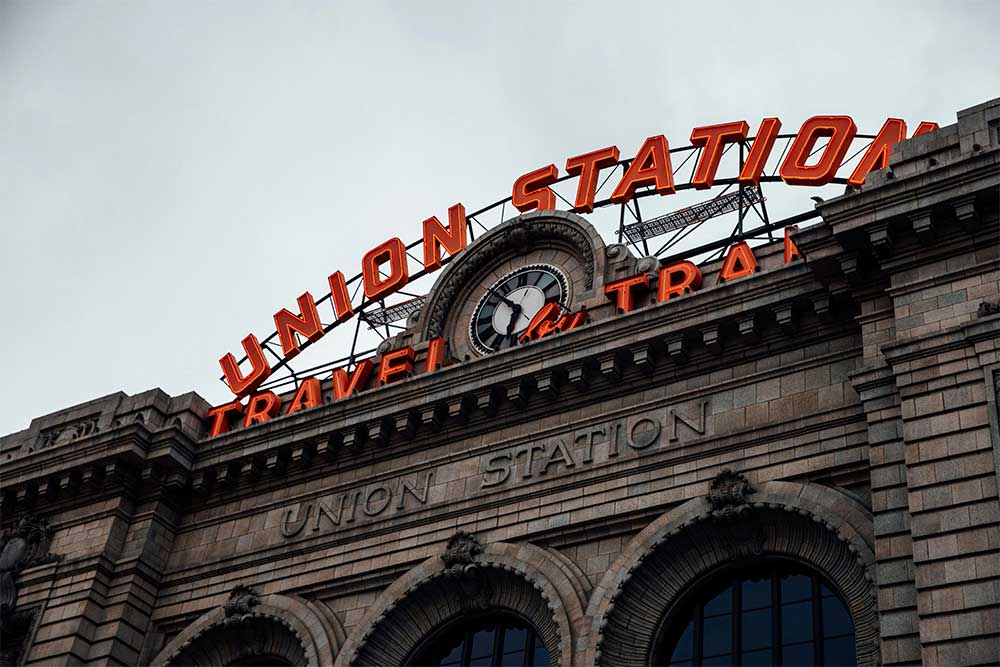
When conducting a reserve study for a property in Denver, it’s crucial to factor in the region’s unique climate, including heavy snow loads, frequent freeze-thaw cycles, and intense UV radiation due to high altitude. Snow accumulation adds weight stress to roofs, while freeze-thaw patterns can accelerate deterioration of concrete and masonry. Strong UV exposure also contributes to faster aging of exterior materials. Understanding these conditions is vital to developing a realistic reserve plan tailored to the specific challenges of Colorado properties.

Snow Load Stress – Heavy snow accumulation, especially in mountain areas, demands roof structures that can handle significant weight.
Freeze-Thaw Cycles – Frequent freeze-thaw patterns can cause cracking in concrete and masonry.
HVAC Adaptability – Systems must efficiently handle both cold winters and warm summers with high elevation considerations.
UV Radiation Exposure – High altitude means stronger UV rays, which can degrade roofing and exterior materials faster.
Foundation Settling – Rocky and uneven terrain can contribute to shifting foundations and structural stress.
Energy Code Compliance – Colorado’s green building codes emphasize insulation and energy-efficient systems to reduce heating costs.
Our engineers are well-versed in the unique challenges and requirements of reserve studies in Colorado, including heavy snow loads, freeze-thaw damage, and the accelerated wear caused by high-altitude UV exposure.

CEO & Founder - Sr. Engineering Consultant
Areas of expertise: Reserve Studies, Mechanical Engineering, New Product Development
B.S. Mechanical Engineering Marquette University. 18 years of Reserve Study Experience.


